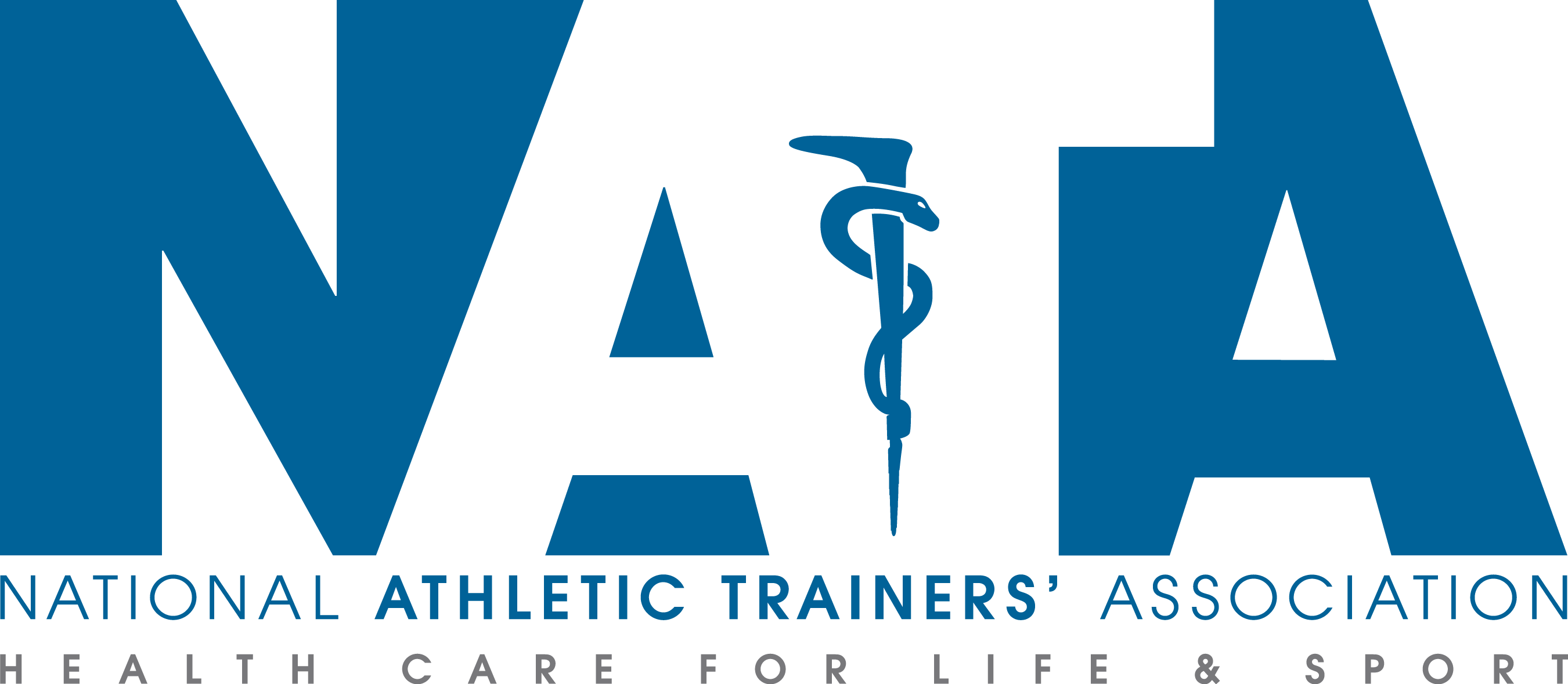After you’ve assessed and diagnosed a concussion, that’s when the work begins to help your patients understand and manage their symptoms based on their unique context. These resources help answer in-depth questions about concussion symptoms and care, including how to help patients manage their symptoms and know when it’s time to follow-up for different or additional treatment.
Explore NEW Concussion Certificate Program for Healthcare Professionals
In partnership with several of our CAN healthcare partners, this CEU course is a great way to learn more about concussion care while fulfilling your continuing education requirements.
Become a CAN Champion
Sign up to become a Concussion Awareness Now Champion for your hospital, clinic, or center and we’ll keep you up to date with resources, tools, and additional education opportunities.
ACEP Point-of-Care Tools: Mild Traumatic Brain Injury
Concussion Symptoms: Thinking Beyond Headaches
Understanding Concussion: Symptoms, Diagnosis, and Treatment Approach
National Athletic Trainers’ Association Bridge Statement: Management of Sport-Related Concussion
Trajectories of Daily Postconcussion Symptoms in Children
Concussion Management in Older People: A Scoping Review
- 1
- 2



